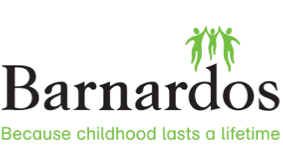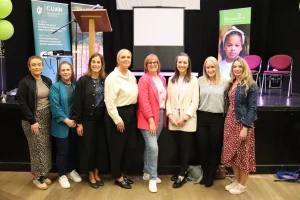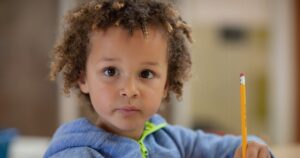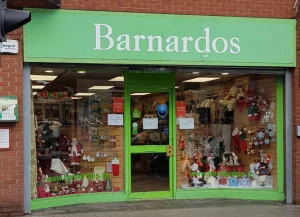Barnardos welcomes the introduction of a pilot scheme to provide free school books and measures to tackle child poverty.
Dublin, 8 October 2019: Barnardos welcomes the introduction of a pilot scheme to provide free school books and measures to tackle child poverty. However, an over-emphasis on preparing for a no-deal Brexit may lead to neglecting the needs of vulnerable children and their families, children’s charity Barnardos warned today in response to Budget 2020.
Suzanne Connolly, Barnardos CEO, said: “Barnardos are pleased to see the government take the first step towards introducing free education by announcing funding for school books for primary school children. For well over a decade, Barnardos has led the campaign for the introduction of free education for primary school children and we are delighted to see Budget 2020 make the first step in realising this goal.
“The directing of resources to tackle child poverty in Budget 2020 is also a positive development. This includes targeted increases in social welfare for families on low incomes and investment in the new National Childcare Scheme which will benefit all families, including those who are disadvantaged. Barnardos also welcomes increased supports for children with disabilities.
“There is an understandable focus on the economy at present but it is important that the needs of the most vulnerable are not neglected. There are economic as well as social costs associated with not funding frontline services sufficiently. Earlier this year Barnardos commissioned independent research which found that a lack of investment in appropriate frontline services results in an increase in preventable problems such as obesity, drug and alcohol use, crime and violence against children. Due to the underfunding of services, Ireland is spending an additional €6.95bn on addressing preventable social problems.
“In a recent Barnardos survey, in which 800 parents responded, one in four told us that they did not know where to get help if they were worried about their child. These are the families that we would have liked to see receive more targeted support in Budget 2020. There is a welcome increase in funding for Tusla and to support families living in homeless accommodation. However, we await the details as to what this increase in funding will be targeted towards and whether the funding will be allocated to provide intensive family support services which Barnardos has called for.”
ENDS
Notes to editor:
The research by Just Economics for Barnardos earlier this year compared spending and outcomes for Ireland relative to a sample of peer economies in Northern Europe and Scandinavia on a range of issues that have a preventable component like obesity, drug and alcohol use, crime and violence against children. The research found that Ireland is second only to the UK as the worst performer. When the costs of the preventable negative outcomes are summed, Ireland has the second highest (see Table 1 below) cost associated with preventable issues. Compared to the average cost of these social problems in the three best performing countries (Austria, Norway, Sweden), Ireland incurs an additional €6.95 billion annually.

Further, levels of public spending broadly correlate with outcomes. The best performing countries tend to spend more per capita than the worst-performing. Norway, Sweden and Austria are ranked 1st, 3rd and 5th, respectively in terms of per capita spending on general public services, housing, social protection, education and safety. Ireland, by contrast, has the second lowest per capita spending on these same functions.
Comparing the average spend per capita of the three best performing countries (€25,518 per capita) we see that Ireland spends nearly a fifth less per capita. This is despite the fact that Ireland has one of the highest GDPs per capita in the EU, second only to Norway in our sample of ten comparison countries. That is, Ireland is spending a considerably smaller proportion of its GDP on these general public services.
The worst performing countries are trapped in something of a vicious cycle. Not only are their levels of public spending lower than the best performing countries, but a greater proportion of the spend is needed to deal with the consequences of the higher prevalence of negative outcomes –so-called defensive spending -rather than services to improve well-being and prevent future problems.
While achieving a step-change in outcomes for children and families in Ireland will require a sizeable upfront investment, more pragmatic changes such as proper investment in intensive family support services would also make a significant difference. The Report also recommends what the government can do to achieve ‘big picture’ transformation as well as more pragmatic, immediate gains.
A copy of the full report is available from our website – www.barnardos.ie/budget2020
For further information, please contact:
Barnardos Press Office: 01 7080442 / 086 0445966
Trudy McCarthy; 01 7080423
Visit Barnardos Media Centre www.barnardos.ie/media
Facebook: barnardosireland
Twitter: @Barnardos_IRL
Instagram: @barnardos_irl




